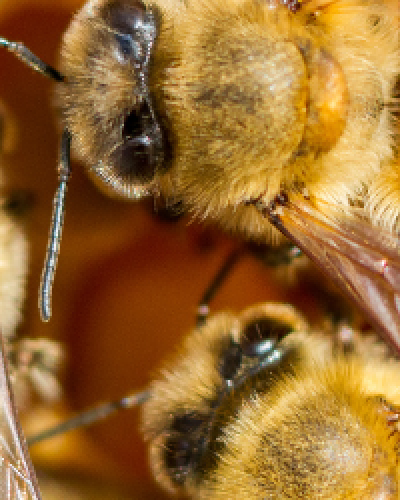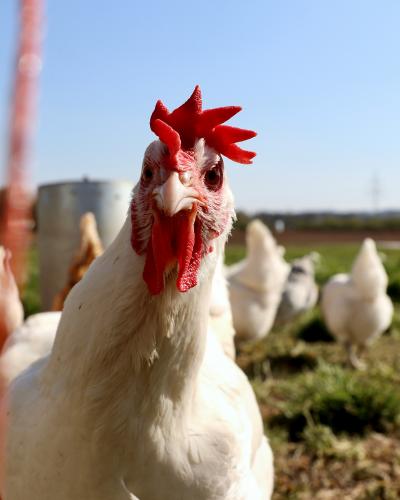A comprehensive three-year study published in Nature has shown that organic beekeeping practices can maintain honeybee...
Jun 09, 2025
Originally submitted by Tristan Olpin, Emory University.
...May 29, 2025
An extensive review of research published in Environmental Health supports the growing evidence that synthetic food dyes,...
May 16, 2025
The benefits of organic practices extend beyond environmental sustainability to include improved nutrition. A recent study...
Dec 17, 2024
The widespread use of hormonal growth promotants (HGPs) in the U.S. beef industry raises critical questions about food safety and consumer health. HGPs, which include both natural and synthetic...
Dec 09, 2024
A new study published in the journal Foods makes a call for better food labeling that includes measures of nutrient density and the impacts of processing. Authors suggest that improved labeling...
Oct 30, 2024
The Benefits of Organic Meat are multifaceted; from promoting environmental protection and reducing exposure to harmful pesticides, to prioritizing animal health and producing healthier food. A...
May 31, 2024
On farms, chemical application changes the biophysical cues that plants use to attract pollinators, according to a recent British study. Spraying flowers with synthetic fertilizer, altered their...
Nov 06, 2023
Organic farming practices regulated by the USDA successfully limit soil risk to colonization by pathogenic bacteria, according to a recent American study published in the journal Frontiers in...
Jul 17, 2023
Organically cultivated soil hosts a more diverse microbiome than that of conventionally-farmed land, where many farmers treat their crops with synthetic chemicals to fight soil borne diseases....











